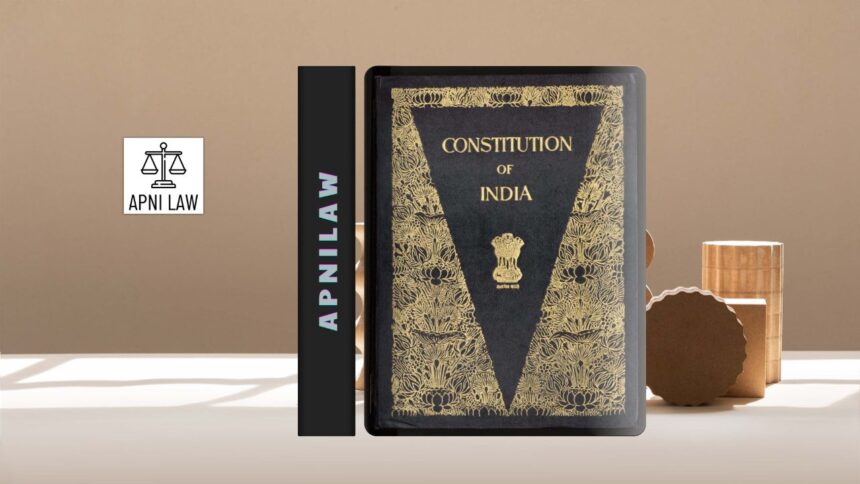Lok Adalats in India serve as an essential mechanism for delivering quick and affordable justice. They provide an amicable forum for resolving disputes outside the formal court system, thereby easing judicial workload and ensuring equal access to justice.
What Role Do Lok Adalats Play in the Justice System?
Lok Adalats function as a form of Alternative Dispute Resolution (ADR) under the Legal Services Authorities Act, 1987, fulfilling Article 39-A of the Constitution which mandates equal justice for all. They operate through compromise between parties, without court fees or procedural complexities, making them highly accessible to weaker sections of society. The awards of Lok Adalats are final and binding, and no appeal can be made against them, ensuring swift closure of disputes.
How Do Lok Adalats Contribute to Speedy Justice?
Lok Adalats significantly reduce judicial pendency. For instance, in 2018, over 47 lakh cases were resolved in National Lok Adalats, including 21 lakh pending and 26 lakh pre-litigation cases. In recent years, single-day Lok Adalats have disposed of more than one crore cases, demonstrating their impact on the justice delivery system. They handle around 4,000 cases daily, offering rapid solutions compared to conventional courts. The absence of court fees and flexible procedures allows parties to reach settlements swiftly and amicably.
What Are the Landmark Judicial Pronouncements?
In P.T. Thomas vs. Thomas Job, the Supreme Court ruled that Lok Adalat awards are final and cannot be challenged through writ petitions under Article 226, reinforcing the principle of legal finality. Similarly, in Estate Officer vs. Col. H.V. Mankotia (Retd.), the Court upheld the binding nature of these awards, affirming that no appeal lies against such decisions. These rulings emphasize the credibility and authority of Lok Adalats in India’s judicial framework.
What Challenges Do Lok Adalats Face?
While Lok Adalats have settled millions of cases, their success varies across states and years. After 2017, the number of settlements fluctuated, though the overall impact remains substantial. High satisfaction levels have been reported among participants; however, issues such as low public awareness, variable implementation, and inconsistent settlement quality continue to challenge their effectiveness.
Why Are Lok Adalats Important for India’s Justice System?
Lok Adalats symbolize the democratization of justice in India. They not only reduce pendency but also promote reconciliation, saving time and resources for both litigants and the judiciary. Their informal structure empowers citizens to seek justice without intimidation or financial burden.
For any specific query call at +91 – 8569843472
Conclusion
In conclusion, Lok Adalats remain India’s most effective alternative dispute resolution mechanism. By combining efficiency, accessibility, and fairness, they uphold the constitutional vision of justice for all, proving indispensable to India’s pursuit of a speedy and inclusive judicial system.








